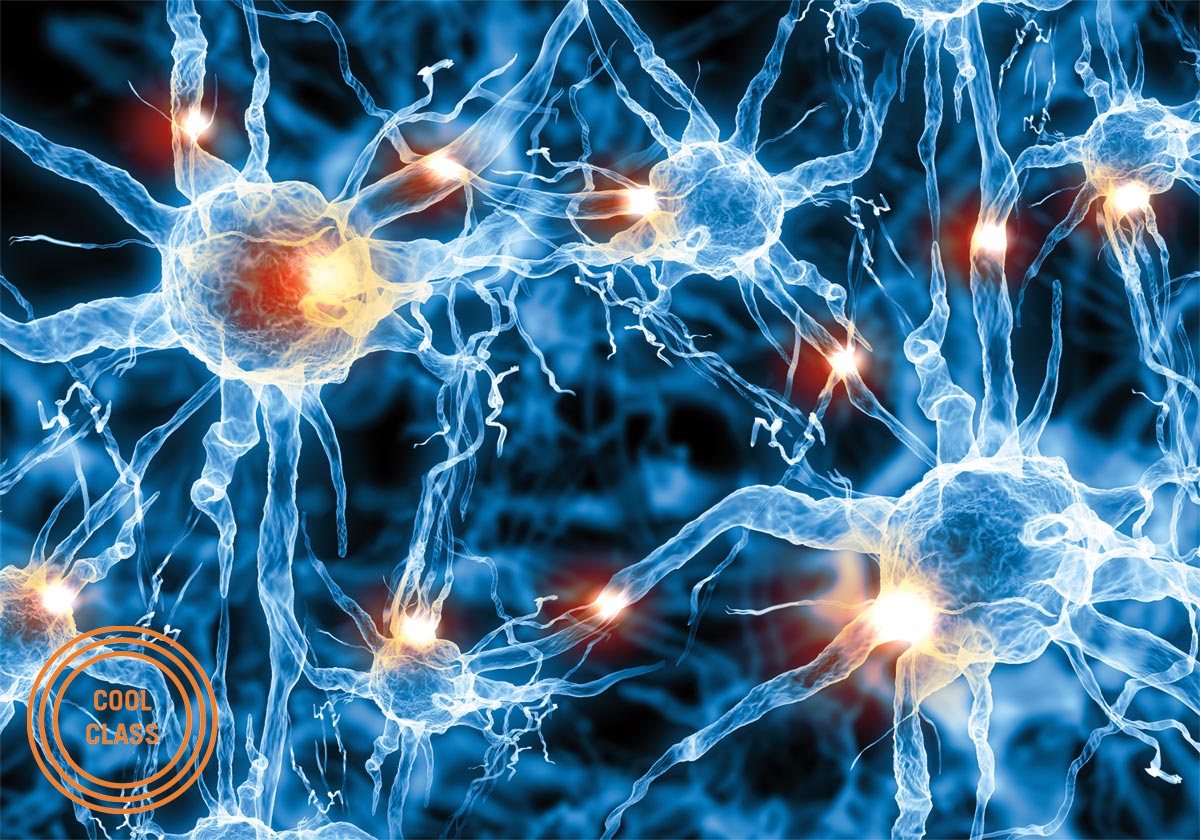

STUDENTS TAKING neuroethics consider ethical, medical, legal and social implications that arise from recent advances in our ability to understand, predict and change human behavior.
Advances in neuroscience during the last few decades have provided new options for altering human behavior by modifying the brain’s structure and function. Institutions centered on law and criminal justice, national defense, economics and business, as well as clinical settings, have embraced some of these advances, leaving us to consider whether such interventions are right or wrong, good or bad.
These questions provide a “roof entrance” to the exciting field of neuroscience. Students learn how altering the molecular biology of neural circuits can prevent the development of traumatic memories, how genes interact with a stressful environment to promote aggression or how altering the physiology of cells with a magnetic field across the scalp can subvert “free will.”
Beyond contributions to the field published in The Philadelphia Inquirer, San Francisco Chronicle and other newspapers, students hone persuasive communication skills that benefit their future employment or education. This class is open to Bucknell students outside of psychology and neuroscience and welcomes diverse perspectives of students from any area of the University.
Opinion: CT Student Explores Connection Between Genetics, Neuroscience and Political Identity (Stamford Advocate)
Someone Knows You’re Reading This (The Patriot Ledger)
It’s Time to Give Shrooms a Try — or at Least Let Scientists Do So (The San Francisco Chronicle)
We Can Predict Suicide Risk With a Blood Test, but Should We? (NJ.com)